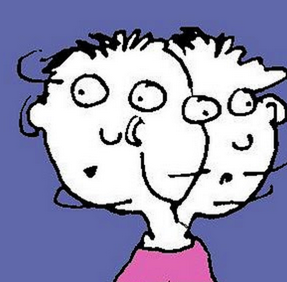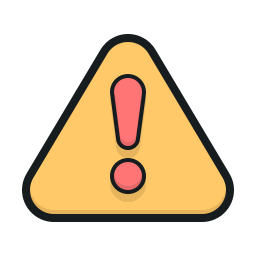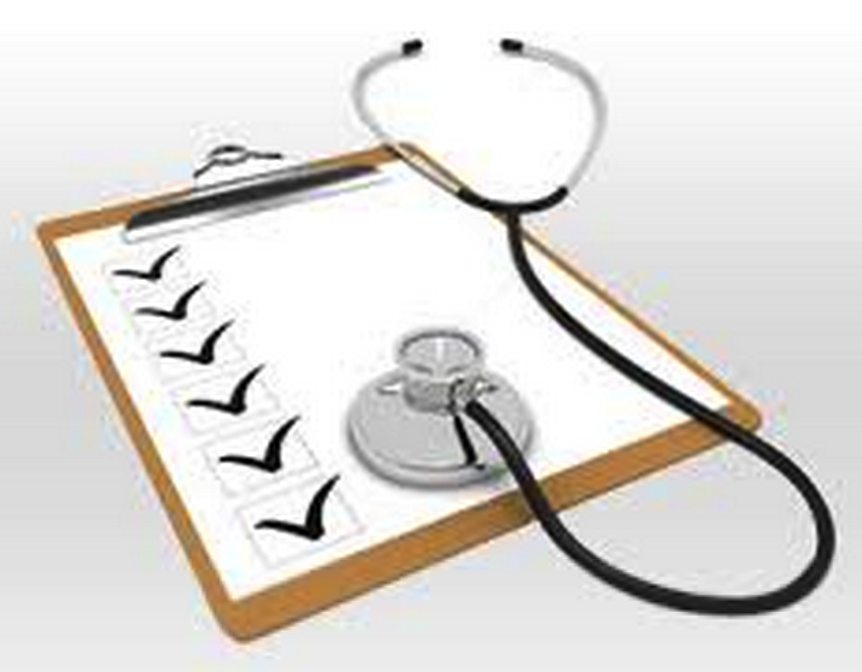Multiple Herbal Supplements | a patient w/ Psychotic Symptoms

 The dietary supplement market has increased greatly over the years,
The dietary supplement market has increased greatly over the years,
...as has the number of people using these products to improve their health. How safe are they? Know what you are taking. There have been few cases that specifically show a link between the products used by the patient and the onset of psychiatric illness.
However, the easy accessibility of these products does not necessarily render them safe and physicians are increasingly tasked with recognizing adverse effects and potential interactions that may come with supplement use.
This latest case, published in The Primary Care Companion for CNS Disorders, highlights the importance of recognizing herb-herb interactions in a patient taking multiple supplements simultaneously.
- The patient, a 43-year-old male, was admitted to an inpatient psychiatric unit after exhibiting strange behaviors which included a 6-month history of visual and auditory hallucinations.
During this time period, he also described having violent visions of hurting himself; sleep and appetite decreased and feelings of hopelessness ensued. The patient had no prior history of psychiatric illness; he denied recreational drug use, tobacco use, or excessive alcohol consumption.
His physical and cognitive exams were normal, as was his lab work. A noncontrast CT-scan showed no acute intracranial abnormalities, masses, hemorrhage or midline shift.
While the patient denied taking any medications, during his workup, it was uncovered that he had been taking five dietary supplements to help with weight loss and improve brain function once the hallucinations began to set in.
The five supplements and their ingredients were as follows:
- Garcinia cambogia (chromium, Garcinia cambogia, green coffee bean extract, raspberry ketones)
- Brain Support (Asian ginseng powder, blueberry powder, ginger powder, ginko powder, grape powder, papaya powder)
- Brain Awake (Acetyl-l-carnitine, alphawave l-theanine, bacopa extract, bioperine black pepper, folate, ginger extract, Holy basil (Tulsi) extract [2% ursolic acid], InnovaTea natural tea extract, lemon balm extract, MCT [medium chain triglyceride] oil, rosemary extract [3% rosemarinic acid], Vitamin B6, Vitamin B12)
- Probiotic (Bifidobacterium bifidum, Bifidobacterium lactis, Lactobacillus acidophilus, Lactobacillus paracasei, Lactobacillus plantarum, Lactobacillus rhamnosus)
- Absorbmax (α-Galactosidase, β-Glucanase, amylase, aspergillopepsin, bromelain, cayenne pepper, cellulase, ginger rhizome, glucoamylase, hemicellulase, lactase, lipase, pectinase, peptidase, phytase, protease S, protease SP, Trace minerals, xylanase).
For his psychosis, the patient was started on risperidone, titrated to 2mg; for sleep and restlessness, he was given diphenhydramine 25mg twice daily. Improvement was seen with this regimen and after four days he was discharged to a partial hospitalization program where he continued to improve. He was also told to discontinue all dietary supplements. While the patient continued to improve, at his first outpatient visit with a psychiatrist, he did report feeling less productive compared to how he was before taking the supplements.
He was also concerned about not being able to regain his previous level of functioning; his prescription for risperidone was increased to 1mg in the morning and 3mg at bedtime. Eventually his episodes of psychosis were completely resolved and the risperidone dose was decreased with a plan to taper and discontinue the drug.
While there have been increasing reports of psychiatric and neurological side effects related to dietary supplement use, there have been few cases that specifically show a link between the supplements found in this patient's regimen and the onset of psychiatric illness, particularly in a patient with no prior history of psychiatric disorder.
Acetyl-L-carnitine has been previously implicated in a case of psychosis in a patient who presented with auditory hallucinations; Panax ginseng-induced mania has also been described in two patients taking daily ginseng. What is important to note in this case is the concomitant use of the five products, since interactions between herbs have been found to cause psychiatric symptoms. Ginger rhizome produces antidepressant-like effects by mediating serotonergic and dopaminergic reuptake.
What is important to note in this case is the concomitant use of the five products, since interactions between herbs have been found to cause psychiatric symptoms. Ginger rhizome produces antidepressant-like effects by mediating serotonergic and dopaminergic reuptake.
Grape seed, ginkgo, and green tea can inhibit sulfotransferase 1A3 thereby increasing bioavailability of dopaminergic drugs. The ability of these herbs to modulate dopamine reuptake and metabolism may have contributed to the psychotic symptoms seen in this patient.
- Dietary supplements are not regulated to the same extent as prescription medications, putting patients at potential risk for sometimes serious side effects.
The lack of monitoring shifts more responsibility on clinicians to engage patients in discussions about both the benefits and pitfalls of supplement use. In this case, the authors conclude that " when a patient presents with acute psychiatric symptoms, recent supplement use, and a seemingly negative history, physical examination, and test workup, identifying the effects of supplement usage may prove useful in directing clinical decision-making."


